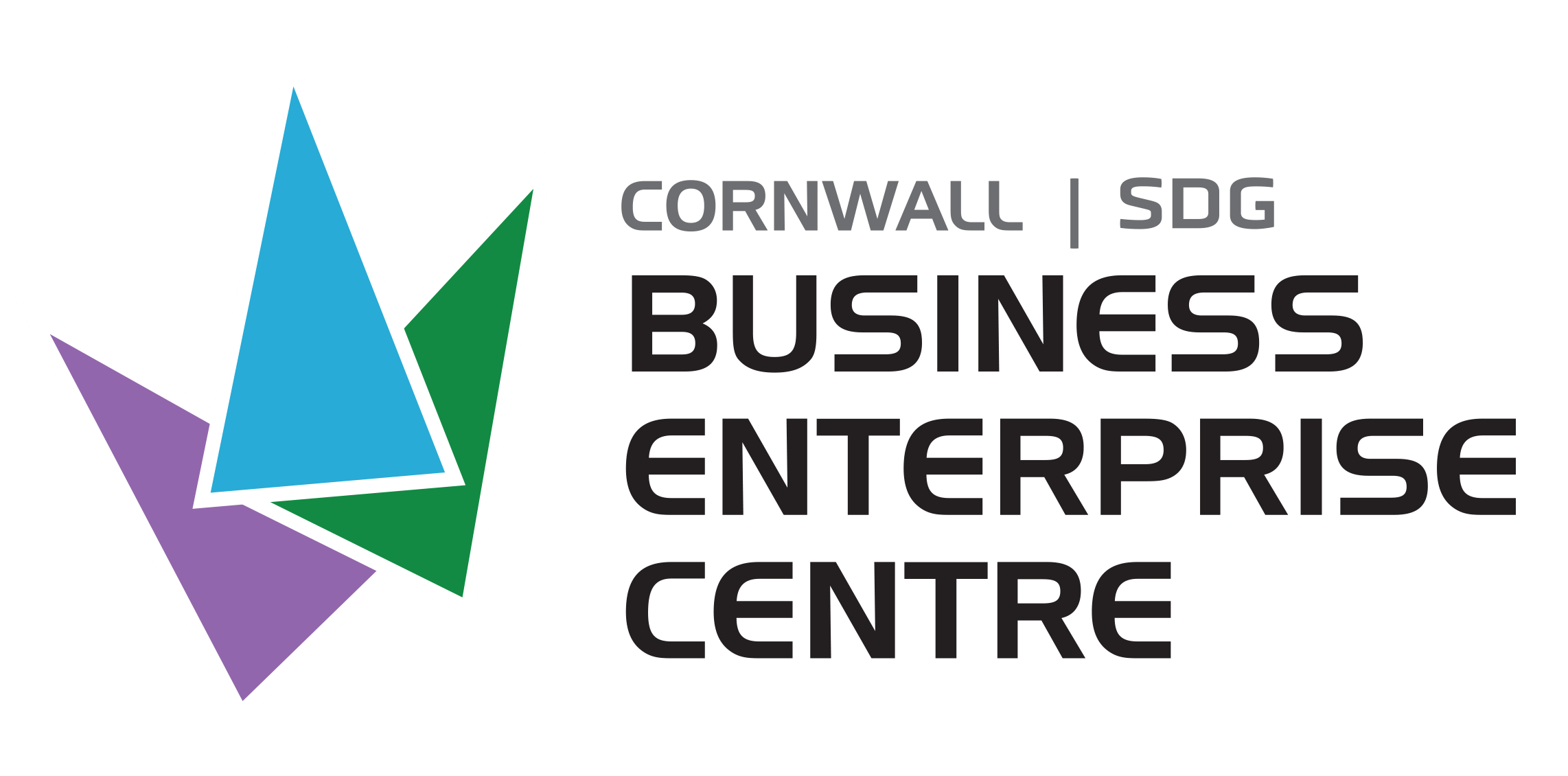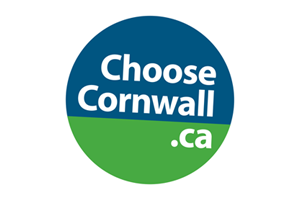Taxes payable are the amount of money a company owes in federal, provincial and municipal taxes. Harmonized sales tax (HST), income taxes and property taxes all contribute to taxes payable and appear under liabilities on the balance sheet.
As taxes payable are a current liability, they must be paid within a normal operating cycle (typically less than 12 months).
Taxes payable are accrued expenses and are placed on their own line on the balance sheet because the amounts can be large and, in most cases, are estimates.
Paying taxes is mandatory according to municipal, provincial and federal laws. Non-payment prompts aggressive collection, which can result in legal action against a business. Paying taxes on time is critical.
HST/GST
Most businesses in Canada have to collect the goods and services tax (GST)/harmonized sales tax (HST) on taxable supplies of property (goods) and services made in Canada, including many supplies of real property, like buildings and land, and intangible personal property, such as intellectual property rights, admissions and digitized products downloaded over the Internet.
The HST applies in the provinces that have harmonized their sales tax with the GST. These provinces are New Brunswick, Nova Scotia, Newfoundland and Labrador, Ontario and Prince Edward Island.
The GST is imposed on the supply of taxable property and services in the remaining provinces and territories, with the addition of a provincial sales tax or a retail tax depending on the jurisdiction. There is no provincial sales tax in Alberta or in Canada’s three territories.
Do I have to register for the GST/HST?
Generally, if you provide taxable property and services in Canada and your total taxable revenues exceed $30,000 in any single calendar quarter or in four consecutive calendar quarters, you will have to register for the GST/HST.
More details are available on the Canada Revenue Agency’s website.
What are total taxable revenues?
Your total taxable revenues are all amounts earned from worldwide sales of taxable supplies for you and your associates, including the supply of zero-rated (taxable at zero percent) property and services. Supplies of goodwill, financial services and sales of capital property are excluded from this calculation.
Taxable supplies refer to the sale of property and services in the course of a commercial activity that are subject to the GST/HST.
Zero-rated supplies include things such as basic groceries (milk, bread and vegetables), agricultural products, prescription drugs and certain medical devices, feminine hygiene products, exports and many transportation services where the origin or destination is outside Canada.
How do I register for the GST/HST?
You generally received a GST/HST account number when you request a business number with the Canada Revenue Agency. You can also register voluntarily if you are not a resident of Canada.
If your business is located in Quebec, you will have to register for the GST with Revenue Québec.
Do I have to collect provincial sales taxes?
Businesses operating in provinces with the HST only have to register with the federal government and collect the harmonized tax.
However, if you sell taxable supplies in British Columbia, Saskatchewan, Manitoba or Quebec, you may be required to register with the respective provincial government to collect the provincial sales tax.
Tax exemptions for small vendors vary from province to province. In Manitoba and British Columbia, for example, small vendors with total taxable revenues exceeding $10,000 are required to collect provincial taxes. There are no exemptions for small suppliers in Saskatchewan.
With the exception of Quebec, the provincial sales tax is calculated on the original price without including the GST in the calculation. In Quebec, however, the Quebec Sales Tax is charged on the total of the selling price plus GST.
How do I charge out-of-province customers?
A zero-rated supply has a 0% GST/HST rate throughout Canada. For taxable supplies, the tax rate will depend on the province or territory where you make your sale, lease or other supply.
If your business provides taxable supplies to a customer in a different province, then the sales tax that applies in your customer’s province or territory may be applicable.
For example, if your business is located in Manitoba and you are delivering a good to a client in Ontario, then you will need to charge 13% HST on the sale because the place of supply is Ontario. If the client from Ontario is making the purchase in your store in Manitoba then you should need to charge the Manitoba provincial tax plus the GST because the place of supply is Manitoba.
You can learn more about place of supply rules on the Canada Revenue Agency’s website.
Do I need to charge HST/GST to foreign customers?
For international customers, if the property or services are supplied outside of Canada, you may not be required to collect the GST/HST or provincial sales taxes. If your international customers make purchases while in Canada, they will generally have to pay the GST/HST and applicable provincial sales taxes but may, in certain circumstances, be eligible to receive a rebate.
Do I need to charge sales taxes for my service-based business?
Service providers are subject to the same rules as property providers. As such, if you provide taxable services in Canada and your total taxable revenues exceed $30,000 in any single calendar quarter or in four consecutive calendar quarters, you will have to register for and charge GST/HST.
Do I need to charge sales taxes on wholesale orders in Canada?
Selling wholesale to another business does not exempt you from charging HST/GST. It is the responsibility of your customer to claim an input tax credit on their purchases.
What is an input tax credit?
If you are a registrant for GST/HST purposes, you may recover the GST/HST paid or payable by you for property and services you acquired, imported or brought into a province in the course of your commercial activities by claiming an input tax credit on your GST/HST return.
When you complete your GST/HST return, deduct your input tax credits from the GST/HST you charged your customers. If the total amount of the GST/HST you charged is more than the amount of your input tax credits, you remit the difference. If the total amount of the GST/HST you charged is less than the amount of your input tax credits, you are eligible for a refund.
Note that before you can claim an input tax credit, you must obtain the necessary documentation from your supplier to support your claim and the documentation must be made available to the CRA for inspection if requested.
Regulations concerning claiming an input tax credit for the provincial portion of the HST paid or payable on inputs vary from province to province.
Visit the Canada Revenue Agency’s site for more information on input tax credits.
Income Tax
Governments collect income tax on the profit earned by businesses in their territory—whether those businesses are corporations, partnerships or sole proprietorships.
Businesses must complete a tax return each year to determine if they owe tax, how much they owe, or if they are entitled to a tax refund (which can happen if they have overpaid their taxes throughout the year).
Businesses are legally required to pay any income tax they owe. They must also pay additional fees known as surcharges.
While the basic federal tax rate is the same for all companies, provincial and territorial tax rates and surcharges vary. This means one business may pay less or more tax than another depending on where it is located. Tax rates also change over time.
In Canada, federal income taxes are governed by the Income Tax Act. The rules around income tax can be complex, especially for companies that earn income in other countries. It is wise to hire an experienced professional accountant to help you steer through the tax laws and understand how they apply in different situations.
Reference: BDC.ca
Municipal Property Tax
Every year, your municipality will mail you a tax bill for every property you own.
How much you need to pay will depend on:
- your municipality’s budget
- the relative value of all properties in your municipality, compared to your property
For the majority of Ontarians, your local municipality is responsible for:
- preparing your property tax bill
- deciding when to send it and when it is due
Property tax bills are standardized across all municipalities to make sure property owners get a clear and concise summary of what they are responsible for paying.
Please contact your local municipality for more information on property taxes for your property.
Reference: Ontario.ca


